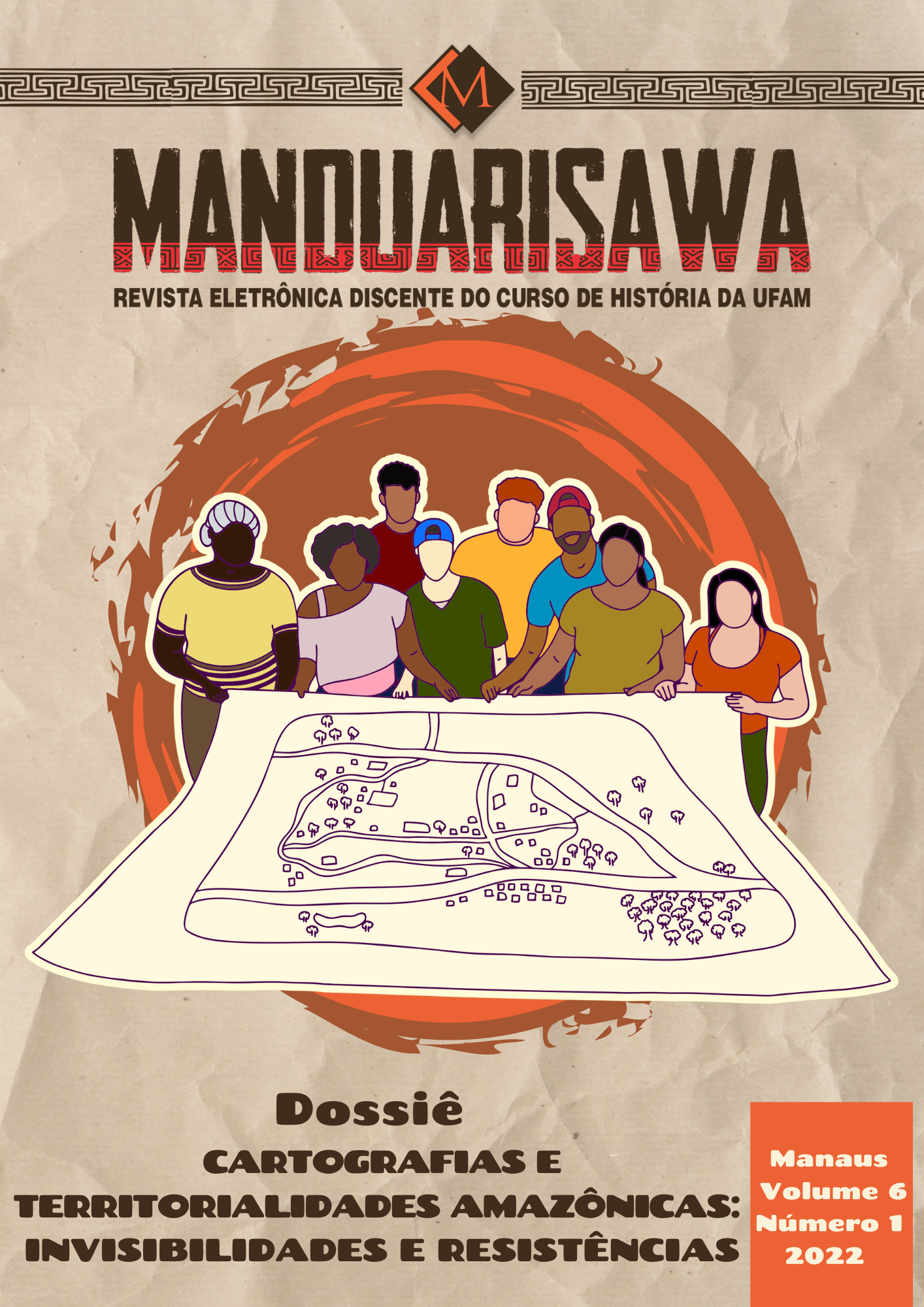The ESTADO NOVO IN AMAZONAS
THE VARGAS COUP IN THE MANAUARA PRESS
Abstract
At the end of 1937, President Getúlio Vargas staged a coup and established the Estado Novo, a dictatorship that ended only at the end of 1945. With total power in his hands, Vargas continued with a series of social, economic and cultural policies that would change the overview of Brazil, with public policies that have repercussions to this day. At the same time, the Vargas dictatorship persecuted opponents, canceled mandates, ended the Brazilian party system and repressed any attempt at social protest. The Estado Novo policy radiated from Rio de Janeiro – capital of the Republic – towards the states of the federation. At the local level, this policy put into practice through the interventors, men appointed by Vargas to govern the federative units. In Amazonas, this task fell to Álvaro Maia, who had been acting as an interventor since 1935.






